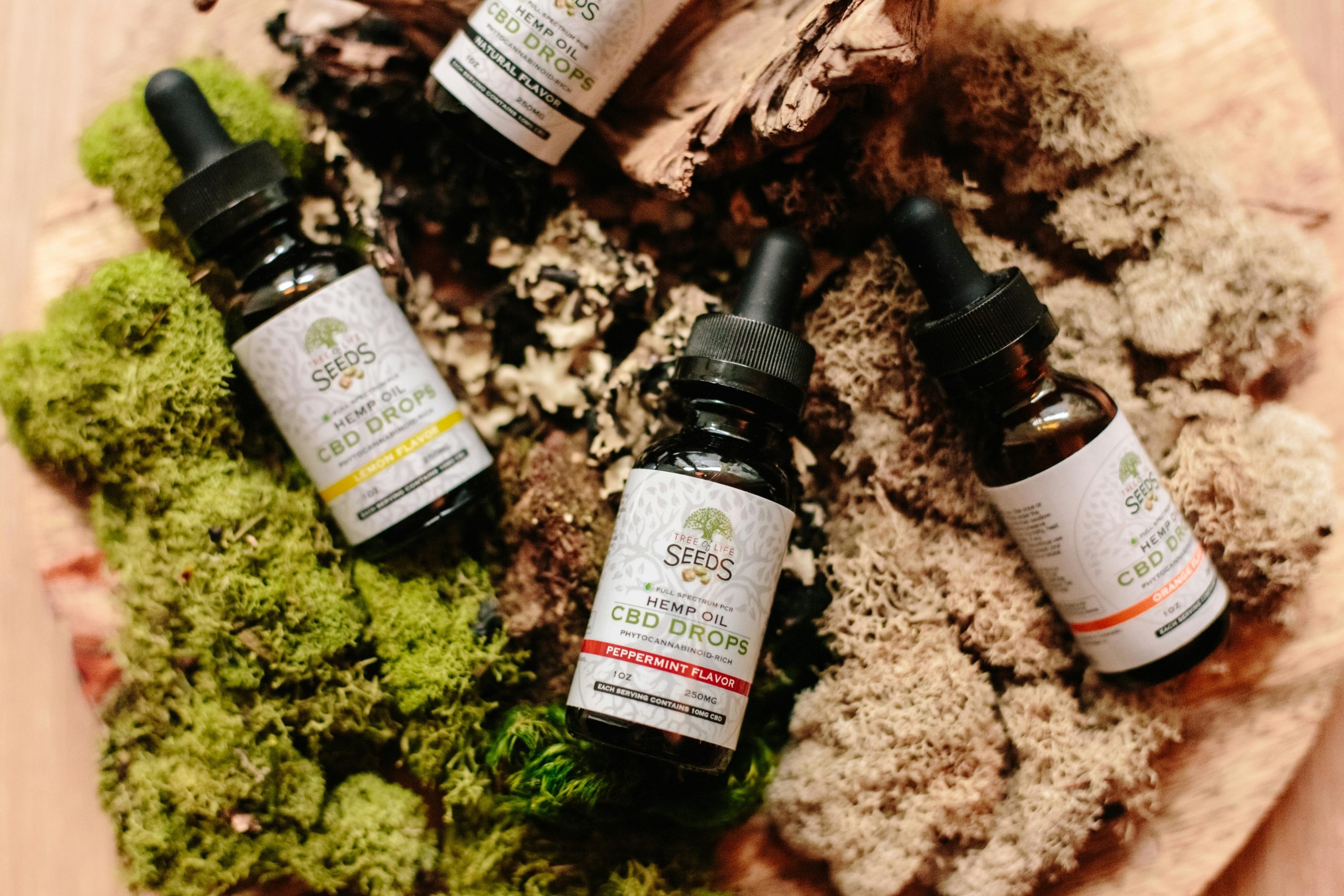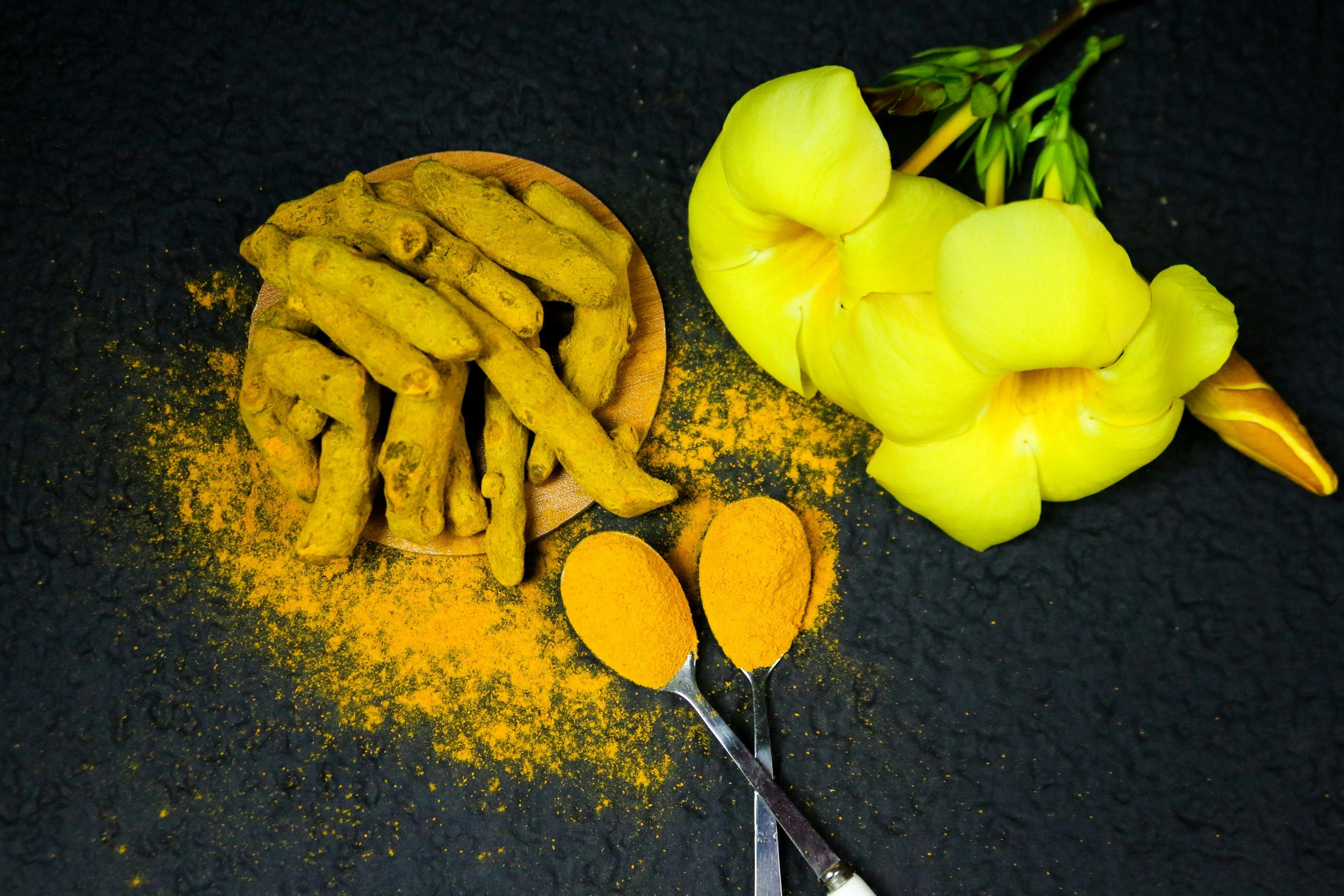In today’s fast-paced world, anxiety and stress have become all too common. While prescription medications can help, many people seek natural alternatives to manage their symptoms. Herbal remedies have been used for centuries to promote relaxation and mental well-being. If you’re looking for a natural way to ease anxiety and stress, these herbal solutions may offer the relief you need—without the side effects of pharmaceuticals.
1. Chamomile: The Soothing Classic
Chamomile is one of the most well-known herbs for relaxation. Its mild sedative properties make it a popular choice for reducing anxiety and promoting better sleep. Chamomile contains apigenin, an antioxidant that binds to receptors in the brain, helping to calm nerves and ease tension.
How to Use Chamomile
- Tea: Steep dried chamomile flowers in hot water for 5-10 minutes.
- Tincture: A few drops under the tongue can provide quick relief.
- Capsules: Available as a supplement for daily use.
Tip: Drink chamomile tea before bedtime to improve sleep quality and reduce nighttime anxiety.
2. Lavender: The Aromatic Relaxant
Lavender is renowned for its calming scent, but it also has powerful anti-anxiety effects. Studies suggest that lavender can reduce cortisol levels, the hormone linked to stress. Whether inhaled or consumed, lavender can help soothe the nervous system.
How to Use Lavender
- Essential Oil: Diffuse or apply diluted oil to pulse points.
- Tea: Brew lavender flowers for a relaxing drink.
- Capsules: Standardized lavender oil supplements (like Silexan) are effective for anxiety.
Note: Avoid lavender oil if you have sensitive skin—always dilute before topical use.
3. Ashwagandha: The Adaptogenic Powerhouse
Ashwagandha is an adaptogenic herb, meaning it helps the body adapt to stress. It has been used in Ayurvedic medicine for centuries to combat fatigue, anxiety, and nervous tension. Research shows that ashwagandha can lower cortisol levels and improve resilience to stress.
How to Use Ashwagandha
- Powder: Mix with warm milk or water before bed.
- Capsules: A convenient option for daily supplementation.
- Tincture: A few drops in water for fast absorption.
Tip: Take ashwagandha consistently for at least a month to see full benefits.
4. Passionflower: The Gentle Sedative
Passionflower is another herb known for its calming effects. It increases levels of gamma-aminobutyric acid (GABA) in the brain, which helps regulate mood and reduce anxiety. Unlike some sedatives, passionflower is non-habit-forming and gentle on the body.
How to Use Passionflower
- Tea: Steep dried passionflower leaves for a mild sedative effect.
- Tincture: Effective for acute anxiety episodes.
- Capsules: A standardized extract can help with long-term stress management.
Note: Avoid passionflower if you’re taking MAO inhibitors or sedatives.
5. Valerian Root: The Natural Sleep Aid
Valerian root is best known for improving sleep, but it also helps reduce anxiety. Like passionflower, it boosts GABA levels, promoting relaxation. It’s particularly useful for those whose anxiety disrupts their sleep.
How to Use Valerian Root
- Tea: Brew valerian root for a bedtime drink (though the taste can be strong).
- Capsules: A more palatable option for daily use.
- Tincture: Works quickly for nighttime anxiety relief.
Warning: Valerian can cause drowsiness—avoid driving or operating machinery after use.
Conclusion
Herbal remedies offer a natural, gentle way to manage anxiety and stress. Whether you prefer chamomile tea, lavender oil, ashwagandha supplements, passionflower tinctures, or valerian root capsules, there’s an option to suit your needs. Always consult a healthcare provider before starting any new herbal regimen, especially if you’re on medication. With the right herb, you can find relief and embrace a calmer, more balanced life.


